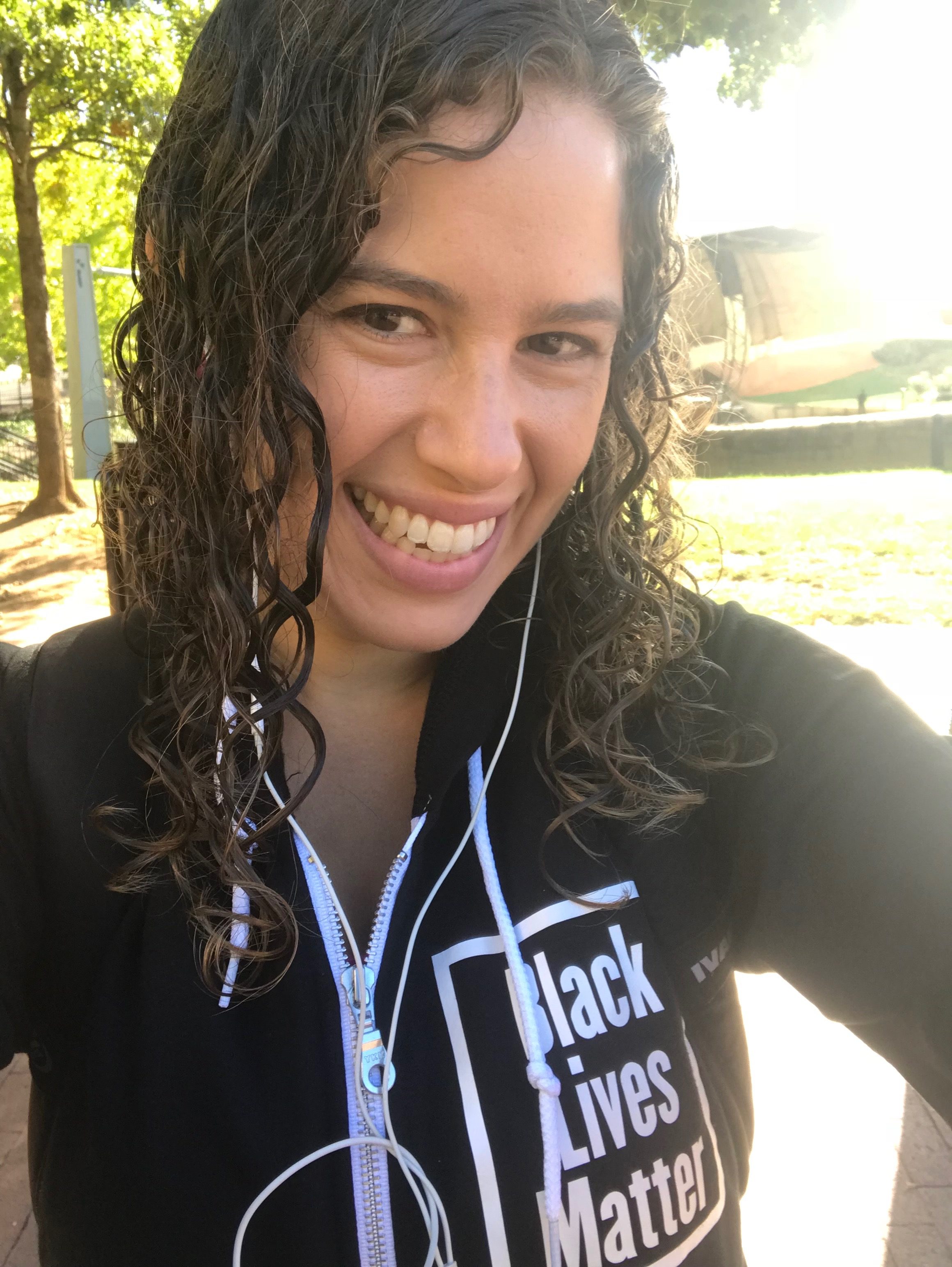Planning that wedding woke me up. In addition to the wonderful sense of joy and community (and there was so much of that), I also experienced moments of deep despair, helplessness, and fear, in ways I never had before. But at none of these times was I unable to understand from where these emotions were coming. I knew.
Planning a wedding revealed to me places within myself still very much under the influence of patriarchal sexism. While working on my master’s thesis during this period, I came across Emily Impett and colleagues’ breakdown of femininity ideology (2006), in which they looked at how girls internalize the dominant messages in our society about how girls and women should behave. They breaks down femininity ideology into two pieces: body objectification and inauthenticity in relationships. Planning a wedding revealed to me in such a magnified and concise way how I am still affected by both of these elements.
Body objectification is perhaps the more obvious element, based on what I have written here so far. The entire wedding culture is premised on the idea that a bride will be utterly focused on losing weight and/or keeping her “figure.” As much as one year before the wedding someone commented that I must have turned down her offer of food because, she said, “you have a dress to fit into.” But body objectification isn’t about what other people say, rather, it’s about the internalization of these messages. It’s about how these ideas can creep into my own thoughts and twist and turn the way I feel about myself. Suddenly there was this whole element of the wedding that I had not anticipated, and that element was me, a specter of myself, sitting in the corner, looking at myself as a bride and judging whether or not I looked skinny enough, beautiful enough, bridal enough. I think this element has been re-triggered this week because we got the professional photos back, and I was so nervous to look at them. I was nervous not because I thought they would be bad or I thought I wouldn’t enjoy looking at them, but rather because ever since the wedding I had been able to dismiss those cries of self-objectification. Looking at pictures of oneself, it is hard not to ask oneself, “Am I beautiful?” However, one thing I can say happily and proudly is that on the day of the wedding, all my prep paid off, and I felt present and engaged, very much not the self-conscious wreck about which I had been so concerned. And that paid off when I then looked at the pictures – I look so ecstatic, both mouth and eyes wide open in almost every picture, and nothing else matters. Nothing besides that ecstasy, those looks of joy. Right?
Inauthenticity in relationships. Now this one is a little harder to explain, and I don’t think I wrote about it as much at the time. This concept is based on the idea that females are taught to be the ones to smooth things over, to make things better, to make things work. That girls and women are supposed to avoiding standing up for themselves, not speak up for what they want and need, and not cause problems. Being socialized in such a way strongly affects one’s relationships with others, in which assertive communication and clear expression of one’s thoughts and feelings help strengthen relationships and help individuals get their needs met. I had been working already on developing these skills and, in various capacities, teaching others these skills. But maybe this whole wedding planning challenge was just too much too soon. Planning a wedding involves so many different aspects, and so many details, and so many decisions that I did actually have feelings about (in addition to many I didn’t). I didn’t realize early enough how important it was going to be for me to speak up, express what I felt and what I didn’t feel, articulate my wants and needs, and assertively negotiate with my partner, our parents, and our friends. Most of all, I was not very practiced in this process and so, I am afraid, often I did not do it so nicely. Often panic, frustration, and inarticulate tears would seize me. Sometimes I would just say too little, too late. Sometimes I said nothing at all because I was too afraid of the consequences. And sometimes I definitely said too much, and I was too mean. However, sometimes it worked just right, and I owe much to my partner, our parents, and our friends for bearing with me (and each other) and for working through the process together. I learned a lot, and I believe that I experienced a lot of growth not only in my own communication repertoire, but more specifically in opening channels of communication in a few key relationships that I hope will stay strong the rest of my life.
These are just two examples of the ways in which I had to face the effects of sexism and patriarchy on myself, personally, through this process. In addition, as I have written about in other posts, the culture of wedding planning has in itself more elements of patriarchy than I had ever before directly encountered in my lovely, liberal, northeastern American world. The relevance of this process to my work of transforming sex education will be the subject of my next post.
